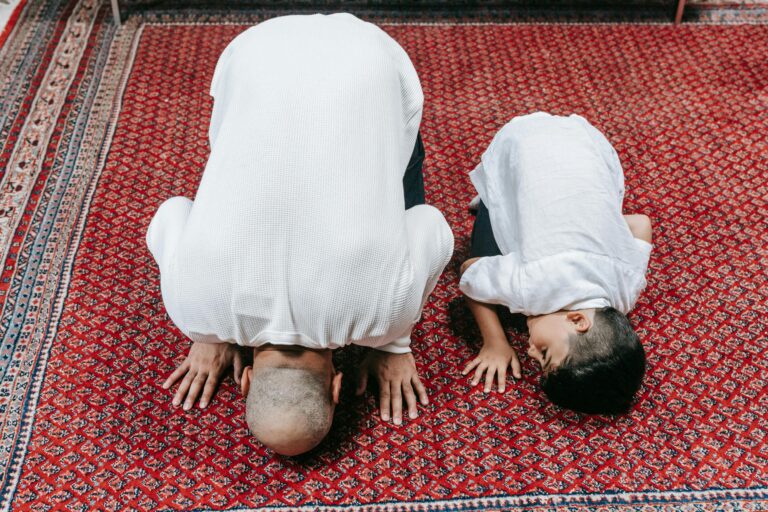If you have a topic or question you would like to discuss, please feel free to reach out. I would be delighted to hear from you: salam@abasnur.com

How Names Shape Muslim Identity
One of the most overlooked yet powerful decisions a Muslim parent makes is the name they give their child. In Islam, this is not just a cultural or family tradition — it is a spiritual responsibility. A name is more than a word. It carries identity, legacy, and meaning. It becomes the banner a person lives under, and in many ways, it shapes how they see themselves in this world.

When you name your son Mohamed, you are connecting him to the greatest man who ever lived — the final Messenger of Allah PBUH, whose life was filled with knowledge, mercy, leadership, and excellence in character. It’s not just a name; it’s a school in itself. A child named Umar will grow up learning about Umar ibn al-Khattab, the second caliph of Islam, known for his justice, decisiveness, and fear of Allah. Naming your son Ali reflects courage, wisdom, and unmatched religious depth — for Ali ibn Abi Talib was not only the cousin and son-in-law of the Prophet PBUH, but also a judge, a scholar, and a man of deep knowledge and character. Abu Bakr is another name loaded with meaning — a man known for his loyalty, leadership, and unshakable faith.

For daughters, names like Khadija carry the weight of responsibility, intelligence, and business leadership. She was not only the first wife of the Prophet PBUH but also a very successful entrepreneur. Naming your daughter Aisha links her to one of the most intelligent women in Islamic history — a scholar of hadith, a teacher of the ummah, and a woman of great wisdom and memory. Fatima, the daughter of the Prophet PBUH, symbolises piety, and responsibility. She was described by the Prophet as the “leader of the women of Paradise.”
In our current time, we also have examples like Khabib Nurmagomedov — a name that has become associated with strength, dignity, and Islamic values. Whether he’s in the ring or in the streets, he presents himself with discipline, humility, and firm religious identity. His name, derived from Habib (meaning “beloved”), carries weight because of how he carries himself. Naming your son Khabib could be a meaningful reminder of these values, and a conversation starter that allows you to explain the type of man you hope he becomes — principled, respectful, and firm in his faith.
Names are not decorations — they are foundations. Especially in today’s world, where identity can easily be diluted or lost, names can anchor our children to their roots. Let their names carry meaning. Let them serve as a compass. A boy named Yahya, for example, can be taught about the Prophet Yahya, a man of piety, purity, and truthfulness. A girl named Maryam grows up with the legacy of the only woman mentioned by name in the Qur’an — a woman chosen above all others, known for her chastity, strength, and devotion to Allah.
So dear parents, choose names for your children not just for their sound, but for their soul. Names that represent intelligence, faith, leadership, and deep responsibility. Because a good name isn’t just something your child wears — it’s something they live up to. And may Allah bless your children to carry their names with honor and reflect the light of Islam wherever they go. Ameen.



